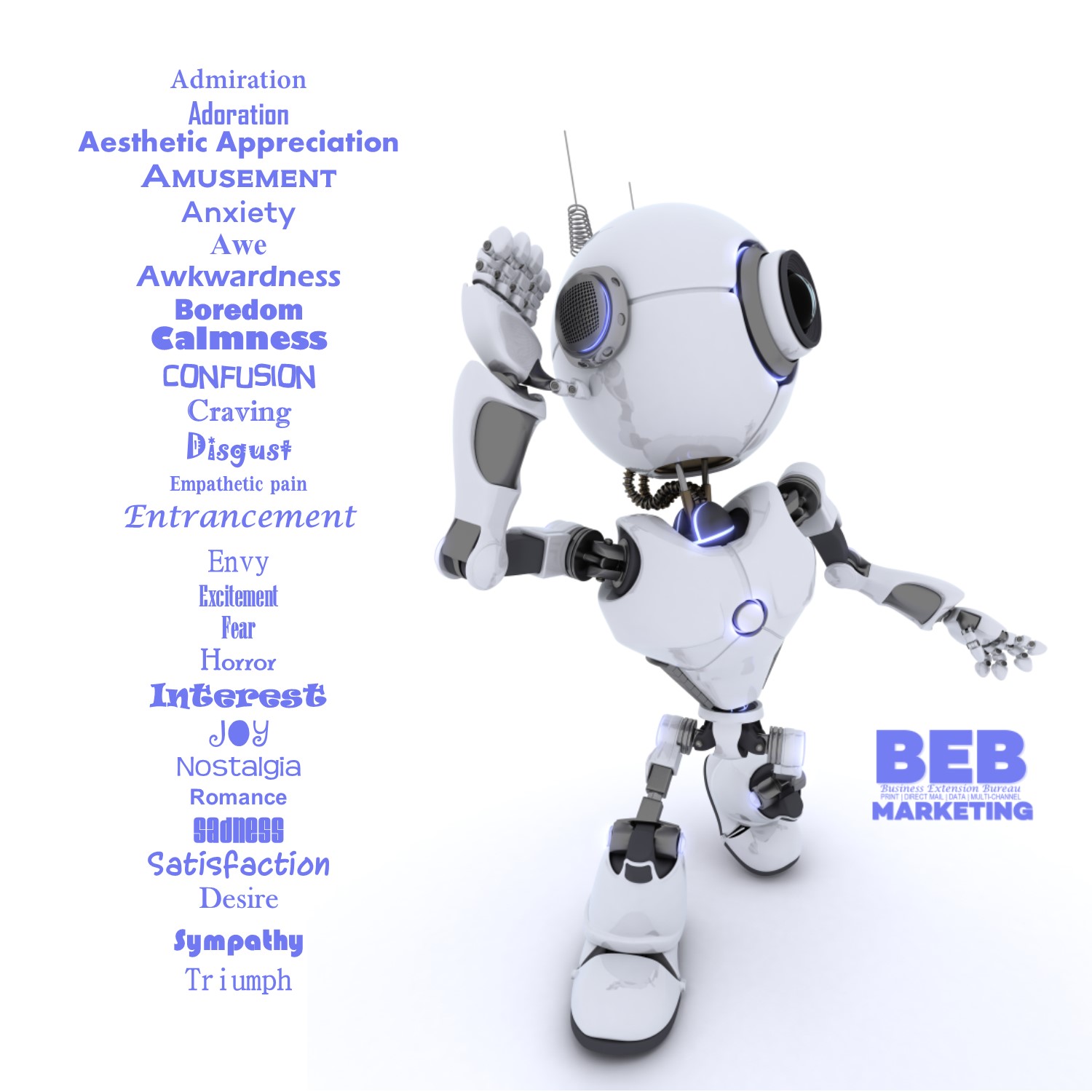Artificial Intelligence (AI) is able to measure tone, tempo and other voice characteristics. Some systems compare those sounds to stored speech pattern libraries that define a plethora of human emotions to determine an individual’s emotional, mental or even physical health.
When this sound technology is used in conjunction with computer vision, the science that allows computers to gain a high-level understanding from digital images or videos, the applications become even more powerful. For example, imagine a vehicle that is able to hear a driver yawning and see the driving dozing off.
Research firm Gartner Inc predicts that within three years, 10% of personal devices will have emotion AI capabilities that include wearables (similar to a Fit Bit) that is able to monitor an individual’s mental health or video games that adapt to the players mood.

